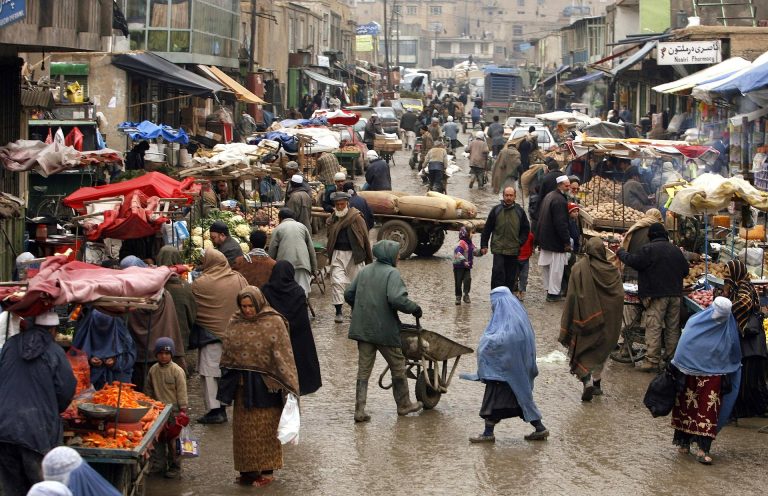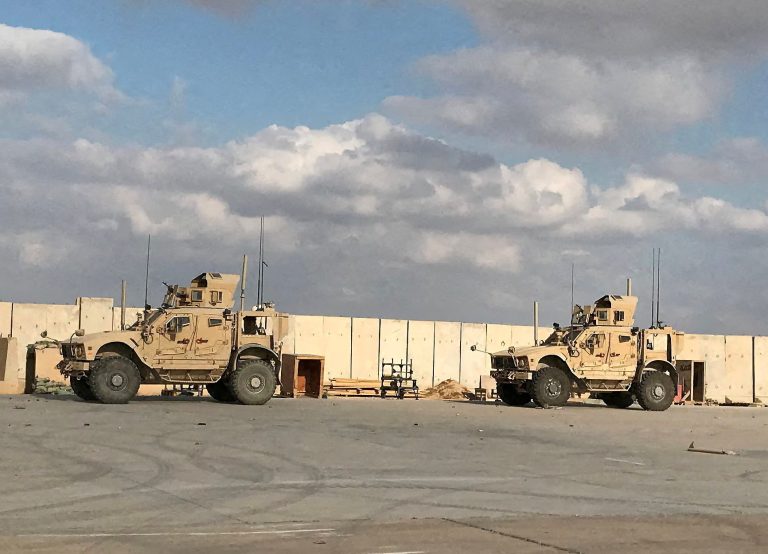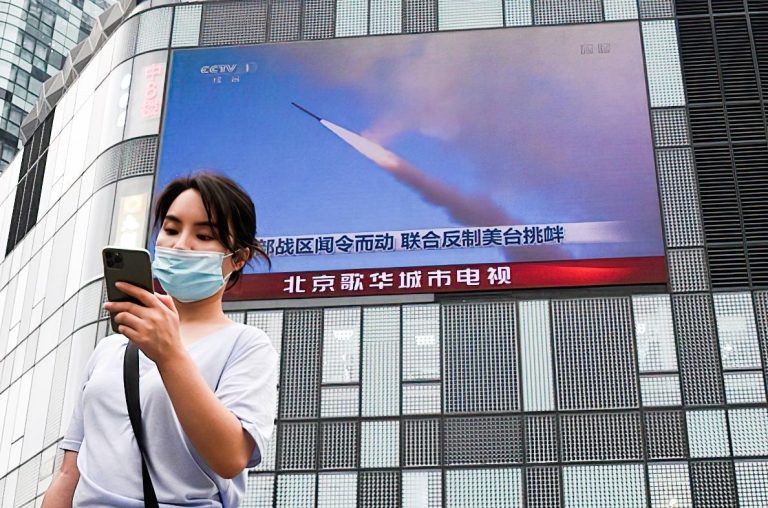The Taliban has entered Kabul, the capital city of Afghanistan, marking the final step in the terror outfit’s takeover of the country, after U.S. forces began pulling out. Taliban fighters are apparently reaching the capital from all sides. Currently, there are no reports of fighting as the group is talking with the Afghanistan government towards a peaceful surrender but news reports indicated that there were ugly scenes at airports as people rushed to leave before the Taliban shut down flights.
The speed with which the Taliban has taken complete control over the country has stunned the world. U.S. intelligence had recently estimated that Kabul could hold out for three months at maximum. The fact that the city is in its current predicament in a few days is a testament to the aggressive expansion of the Taliban regime and further miscalculation of the Americans.
Prior to closing in on Kabul, the Taliban had seized the city of Jalalabad, one of the biggest cities in Afghanistan and the capital of Nangarhar province. The Afghan National Army (ANA) military base in Jalalabad also fell under Taliban control. “There are no clashes taking place right now in Jalalabad because the governor has surrendered to the Taliban… Allowing passage to the Taliban was the only way to save civilian lives,” an Afghan official from Jalalabad said to Reuters.
Taliban forces took over the Torkham border zone with Pakistan. According to the interior ministry of Pakistan, the country closed the Torkham border after Afghani police surrendered to the Taliban.
The Afghan government’s acting interior minister confirmed through a local news channel that there won’t be an attack on Kabul since both sides have agreed to a “peaceful handover.” Afghan President Ashraf Ghani has reportedly left the country and is currently believed to be in Tajikistan. However, the president’s office refused to share more details on Ghani citing security reasons. The Taliban is said to be checking for Ghani’s whereabouts.
Success
You are now signed up for our newsletter
Success
Check your email to complete sign up
As news of an imminent Taliban takeover spread, the streets of Kabul ended up being choked by cars and people. Some tried to reach their homes, others went to the airport. “Some people have left their keys in the car and have started walking to the airport,” one resident told Reuters. “People are all going home in fear of fighting,” another person said.
According to Enayat Najafizada, founder and CEO of the Kabul-based Afghan Institute of War and Peace Studies, the Taliban’s strategy to pressurize the government in Kabul involved first taking over districts and then provincial capitals, eventually circling the capital city. The terror group also executed targeted assassinations to pile up pressure on the government aiming at soft targets such as women who are now used to some freedoms, including education in the past 20 years. Targeting well-known journalists and civil society activists have the effect of demoralizing the people.
In its recent quarterly report to Congress, Special Inspector General for Afghan Reconstruction (SIGAR), a U.S. watchdog in Afghanistan, had raised concerns over the assassination of Afghan pilots when they were off base.
US exit
Meanwhile, the U.S. lifted off diplomats from its Kabul embassy via a helicopter. The embassy will be almost fully evacuated within 36 hours. A few will remain, mostly special agents from the Bureau of Diplomatic Security Service and some key decision-makers, including the American ambassador. Sensitive data is being destroyed. All American diplomats will be out of Afghanistan by August 31.
President Joe Biden is facing criticism for the developments in Afghanistan. In July, while explaining his decision to withdraw American troops from the country, Biden had insisted that the Afghan Army, comprising 300,000 personnel, were “well-equipped as any army in the world” and that a Taliban takeover of Afghanistan was not inevitable. A month later, the president’s claims are being shattered as the Taliban is poised to officially become the ruling regime in a matter of few days.
“President Biden’s strategy has turned an imperfect but stable situation into a major embarrassment and a global emergency in a matter of weeks… President Biden is finding that the quickest way to end a war is to lose it,” Republican Senate Minority Leader Mitch McConnell said. The U.S. has spent close to a trillion dollars and wasted two decades in its war in Afghanistan. Over 2,300 American military personnel have died in the conflict.
In an article at The Sydney Morning Herald, correspondent Matthew Knott writes that “America’s departure resembles a Vietnam-style surrender.” The withdrawal of the U.S. troops adds another blow to America’s prestige, Knott writes. The “feeble resistance” of Afghan forces against the Taliban “makes a mockery” of the time and resources put into the country by America and its allies.
Rajiv Dogra, a former Indian diplomat and author of the book ‘Durand’s Curse: A line Across the Pathan Heart’, told ThePrint.in: “We know that foreign fighters from across the globe have rallied to the Taliban’s cause and we fear that they will carry home the extremist ideology.”
Afghan President Ashraf Ghani and other officials had repeatedly blamed Pakistan for sponsoring terrorism in their country. In July, a spokesperson for Ghani claimed that 10,000 Pakistanis had entered Afghanistan and that Lahore was “training and financing Taliban.”
According to the Carnegie Endowment for International Peace, Pakistan has supported the Taliban and many of its senior leaders live safely there. “After the 9/11 terrorist attacks, the Pakistani military successfully leveraged its selective antiterrorism cooperation (including communication lines and access to Pakistani air bases for drone operations). This allowed Pakistan not only to extract billions of dollars in U.S. security assistance but also to get away with aiding Taliban insurgents fighting U.S. and NATO troops in Afghanistan.”













